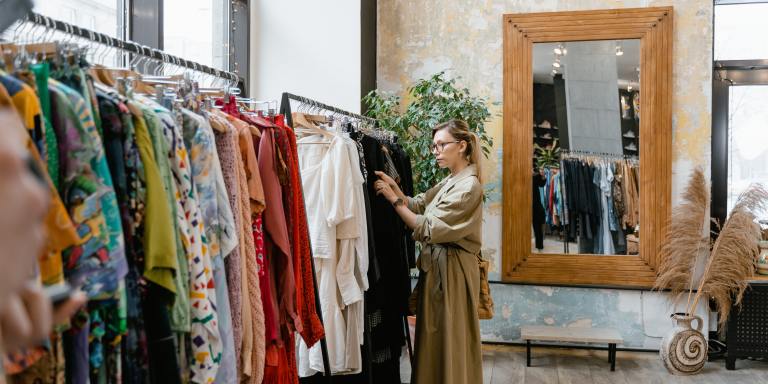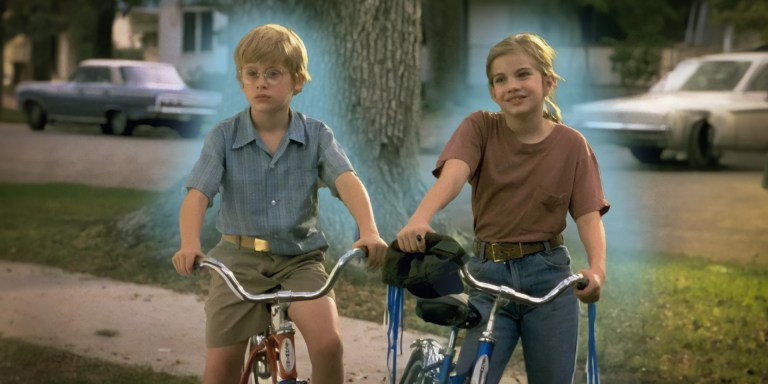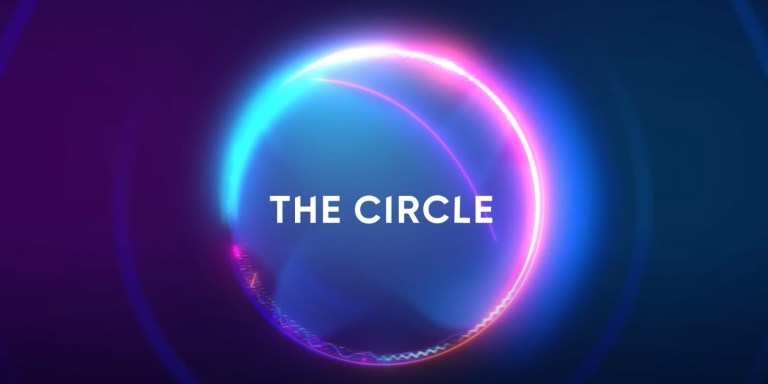
Social and digital media have become a huge part of today’s society. The Cyber World exists parallel to our physical reality in that the Internet, television, video games, and cell phones all play a role in shaping who we are as individuals existing together outside of technology. Experts say digital media helps us because it may enhance time management skills; increase productivity or social interactions; and may even improve optimism and self-esteem, as well as general knowledge. However, Sherry Turkle, a professor at MIT, claims that social media is a metaphor for real life. We think it might change our lives for the better, make it easier, make us happier… but we all know what they say: you can’t buy happiness. Well, social media comes with a cost. I want to argue that too much of it can become a problem where we are no longer helping ourselves, but where we are beginning to become handicapped by changing our relationships with society and perhaps even our evolutionary path.
Social media may appear to make our lives easier, but at the same time it complicates them. Studies show that the pressure of having to present oneself in a way that is acceptable to online friends increases stress levels. The fact that we have to worry about how we appear to “everyone” in cyber-society adds unnecessary stress to our lives. Simultaneously, we have far more information accessible to us than we’re programmed to have. Knowing too much about everything going on in the world through constant access to cyber reports requires us to be involved in it. We become seemingly too busy caring about the people we hardly know inside these machines; then we can no longer balance worrying about things with which we should be concerned, such as real-life relationships, skills, and (probably the most unfortunate) ourselves.
Constantly having access to anything we think we need or want at that moment, especially social interaction, becomes too much to handle and is technically not even real – it is cyber interaction. Maslow’s Hierarchy of Needs proves that you don’t need that constant connection with society to survive. We do not need to keep in contact with every single person we meet – only those with whom we’ve formed meaningful relationships, with whom we socialize outside of the cyber world. As Maslow theorizes, social interaction is in the middle of our necessities to survive. We need it in balance to reach self-actualization. However too much of it can drive a person insane; a plethora of information being thrown at us is bound to reveal unwanted material, such as accidently stumbling upon a spoiler for a movie you really wanted to see or worrying about that one (most likely harmless) person commenting your significant other’s photos. Digital media involves us in innumerous lives and events that are not always meant to be of our concern.
It is not just one form of digital media that affects our life relationships either. Facebook and other social networking sites allow us to find out about our friends “lives” without even having to talk to them – the media they choose to upload shows you. Television and movies show us models of perfect relationships so our real-life expectations of how others should act are altered. Films also show us hostile behaviors and sometimes make it seem okay to be a belligerent, violent individual. Similarly video games actually allow us to be the violent character, which in essence can teach us to behave more aggressively with others or be confused about how to act in general.
Social media appears to help us communicate and in turn make our lives easier, but it is in reality allowing us to access too much information and is handicapping us as a functioning society. My dad is always telling me that having a phone in my reach every minute of every day is a physical handicap because I have to either physically hold it or worry about misplacing or breaking it and losing my “entire life.” The fact that many other digital natives and I refer to our phones, a device that can play many different types of media, as “our entire life” is a bit ludicrous. I can do so much on my device that I feel it is comparable to my life, my reality… even though it is not. Digital natives are losing real life communication skills by forming online relationships with robots and learning these skills from them rather than living older generations. According to a study done by Majid Zorofi, professor of psychology at an Islamic university, many teenagers claim that it is much easier to talk via text message because it allows time to think before responding. I would say it is also much easier to be taught online where anything I need to know is a few Google-searches away. My generation is being taught via machines a multitude of topics… anything imaginable. I think it’s just too much information being shared through robots.
Social media is a metaphor for real life, as these various robots are metaphors for humans. When humans were created no such metaphor existed because technology did not. As technology has been invented and improved, humans have evolved with it. Slowly we are evolving into an extension of it as we depend on robotic machines to teach us life skills and with which we can form relationships. We are losing real-life interaction and replacing it by depending on robots to do it for us. Digital and social media are affecting our social skills and physical adaptations – our evolution. ![]()





